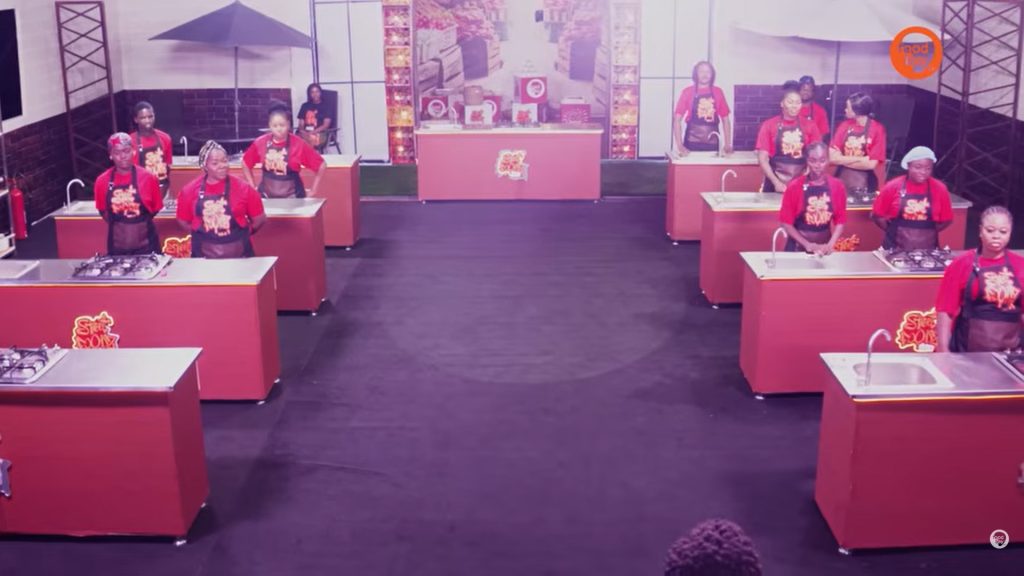Introduction
Nigeria loses an estimated 35–45% of its fresh fruits and vegetables every year—a staggering 23 million tonnes valued at around $4 billion—due to poor storage and weak post-harvest systems. Addressing this long-standing challenge is Ecotutu, a cleantech startup co-founded by Babajide Oluwase and Michael Akinsete in 2020. Their solution? Affordable, solar-powered cold storage that’s helping farmers, traders, and market vendors cut losses and preserve food quality.
What Makes Ecotutu Stand Out?
Off-grid solar cold rooms:
From major hubs like Mile 12 Market in Lagos to Sabongida in Nasarawa State, Ecotutu’s solar-powered cold rooms operate independently of Nigeria’s unreliable national grid. These facilities can extend the shelf life of perishable goods from just 2 days to up to 21 days, reducing spoilage by as much as 85%.
Affordable, pay-as-you-chill access:
With a flexible pricing model starting from around ₦250 per crate per day, Ecotutu makes cold storage accessible to smallholder farmers and market vendors without the burden of large upfront costs. This has helped many users boost their income by 20–30% by giving them more time to sell their produce at competitive prices.
Mobile solutions:
In addition to its fixed solar hubs, Ecotutu has developed mobile cold storage units like “FreshBox”, providing cooling on-the-go for produce in transit—a critical need in Nigeria’s supply chain.
Broad Impact on Food Systems
Cutting post-harvest losses:
Some markets working with Ecotutu have recorded spoilage rate reductions of up to 40%, helping farmers reach new markets and sell higher volumes of fresh produce.
Empowering local communities:
Ecotutu’s hubs provide direct employment, especially for women and young people, while enabling the growth of small agribusinesses that rely on reliable cold storage.
Environmental benefits:
By replacing diesel-powered storage with clean, solar-powered systems, Ecotutu helps reduce carbon emissions and supports Nigeria’s broader climate action goals.
In Sub-Saharan Africa, post-harvest losses average around 37%, posing a serious threat to food security, livelihoods, and sustainable development. Ecotutu’s innovation is a game-changer, showing how cleantech and agriculture can work together to build more resilient, profitable, and climate-friendly food systems.
Looking Forward
Over the years, Ecotutu has expressed ambitions to expand its solar cold storage network to serve even more farmers across Nigeria. With industry support, partnerships like Germany’s SelfChill, and recognitions from programs such as Zenith Bank’s Hackathon and the Mandela Washington Fellowship, the company continues to push the boundaries of what sustainable agri-cooling can achieve in Africa.
Read more visit: foodbay.tv



